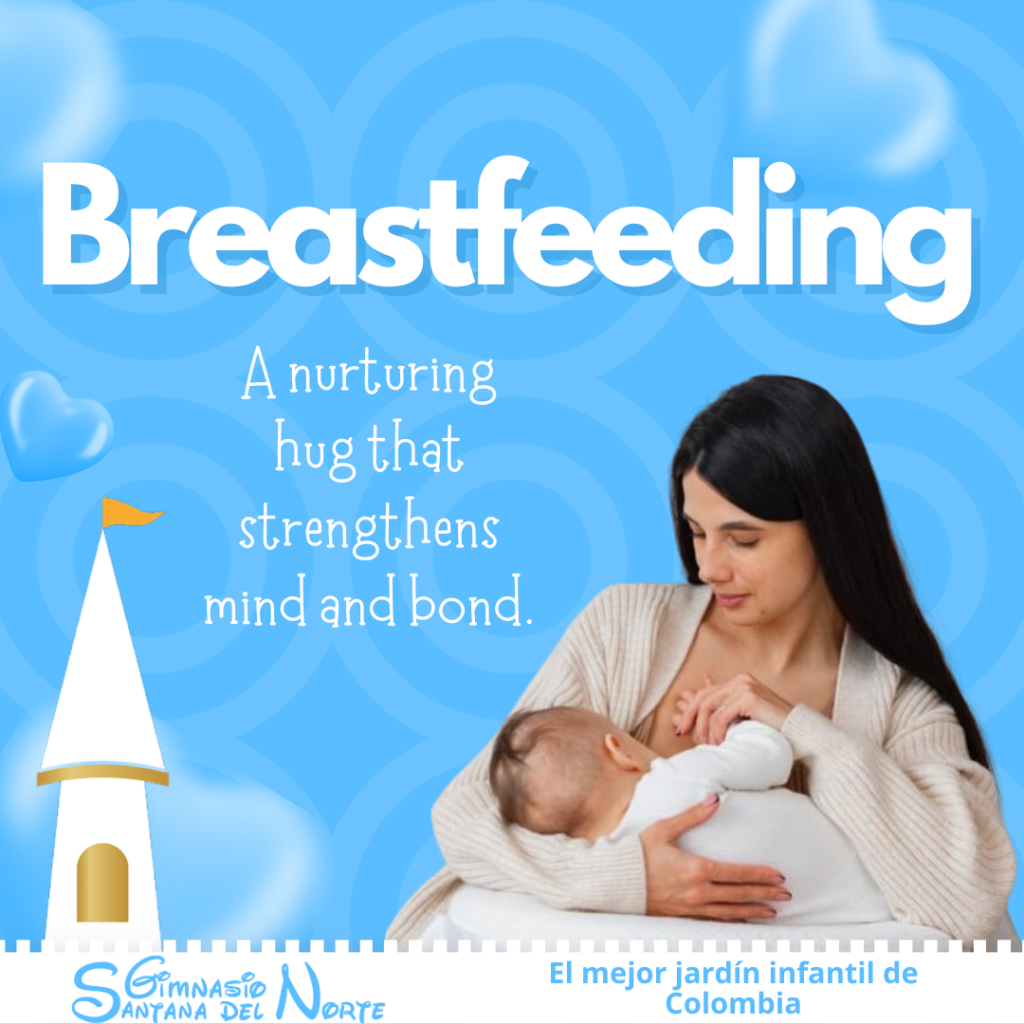Breastfeeding is widely recognized for its significant benefits to both infants and mothers, extending beyond basic nutrition to enhance overall health and well-being.
Infants receive an optimal blend of nutrients through breast milk, including early colostrum, which is rich in proteins, vitamins, and antibodies to protect against infections. As the baby grows, breast milk adjusts to meet their changing needs, providing tailored nourishment.
According to several studies performed by the Cleveland Clinic, breastfeeding offers superior nutrition with a perfect balance of fats, proteins, and carbohydrates that support brain and physical development. It strengthens the immune system through antibodies and immune cells, reducing the risk of respiratory infections and gastrointestinal issues. Additionally, breastfeeding is linked to a decreased likelihood of chronic conditions later in life.
For mothers, breastfeeding accelerates recovery post-childbirth by promoting uterine contraction and reducing postpartum bleeding. It also lowers the risk of cancers like breast and ovarian. Beyond health benefits, breastfeeding fosters a strong emotional bond between mother and child, enhancing maternal satisfaction. Economically, it is cost-effective, eliminating the need for formula and related feeding supplies.
Breastfeeding is a natural and adaptable process, with milk evolving to meet the baby’s needs at various stages. Exclusive breastfeeding is recommended for the first six months, providing all the necessary nutrition without additional foods or liquids. It is also convenient, as breast milk is always available at the right temperature and requires no preparation or sterilization.
Moreover, experts at the World Health Organization (WHO) assure breastfeeding offers emotional satisfaction for many mothers, providing a rewarding experience and a unique bonding opportunity. It also benefits the environment by reducing the need for formula production and disposal. By promoting healthier infants and lowering healthcare costs, breastfeeding supports family and community health.
In essence, breastfeeding presents profound benefits, supporting optimal health, fostering emotional connections, and contributing to environmental sustainability. Advocating for and supporting breastfeeding can lead to healthier individuals and a more cohesive society.
References
World Health Organization. Breastfeeding. World Health Organization. https://www.who.int/health-topics/breastfeeding
Cleveland Clinic. (n.d.). Benefits of breastfeeding. Cleveland Clinic. https://my.clevelandclinic.org/health/articles/15274-benefits-of-breastfeeding






